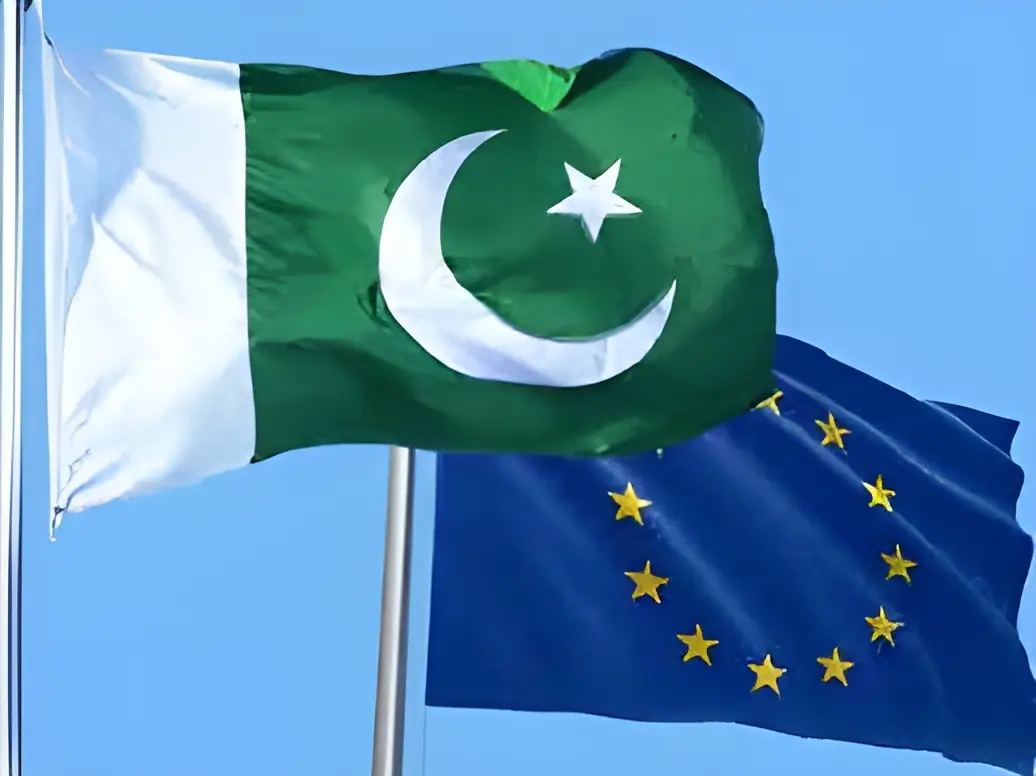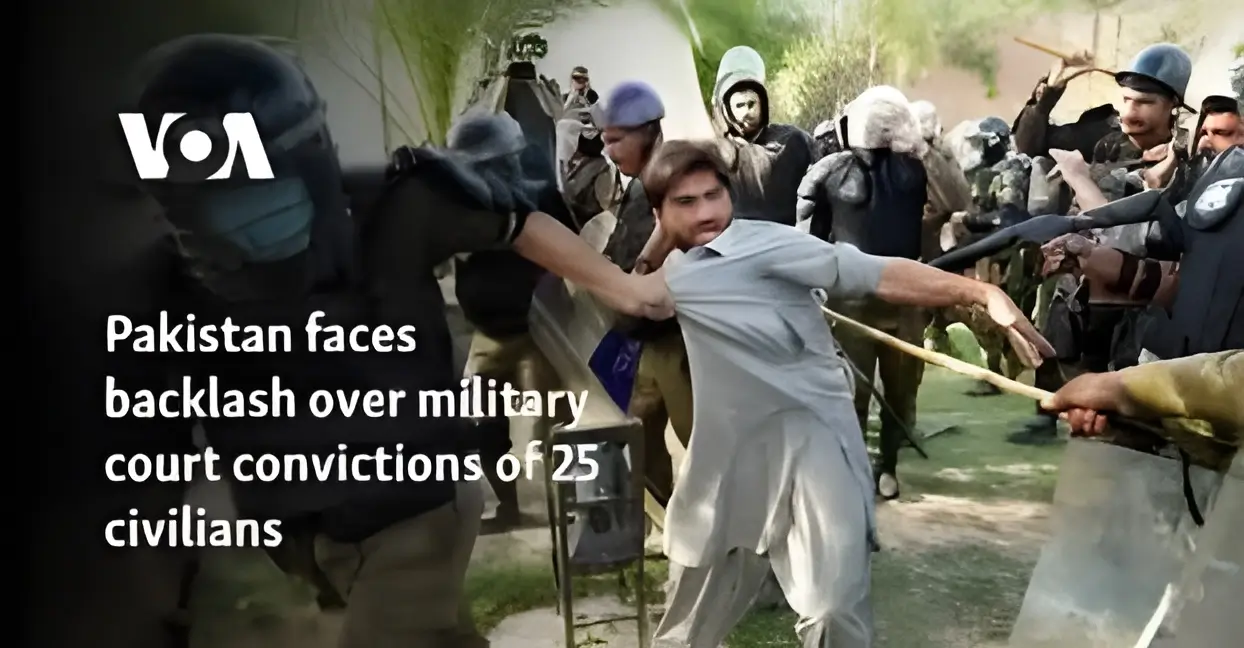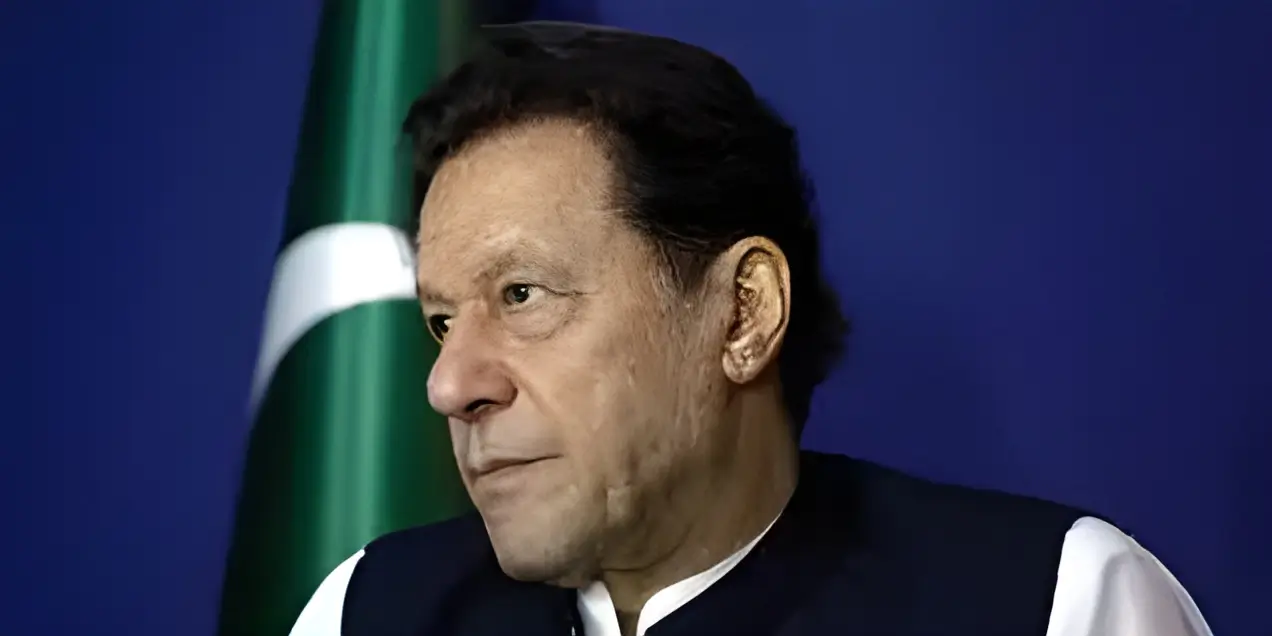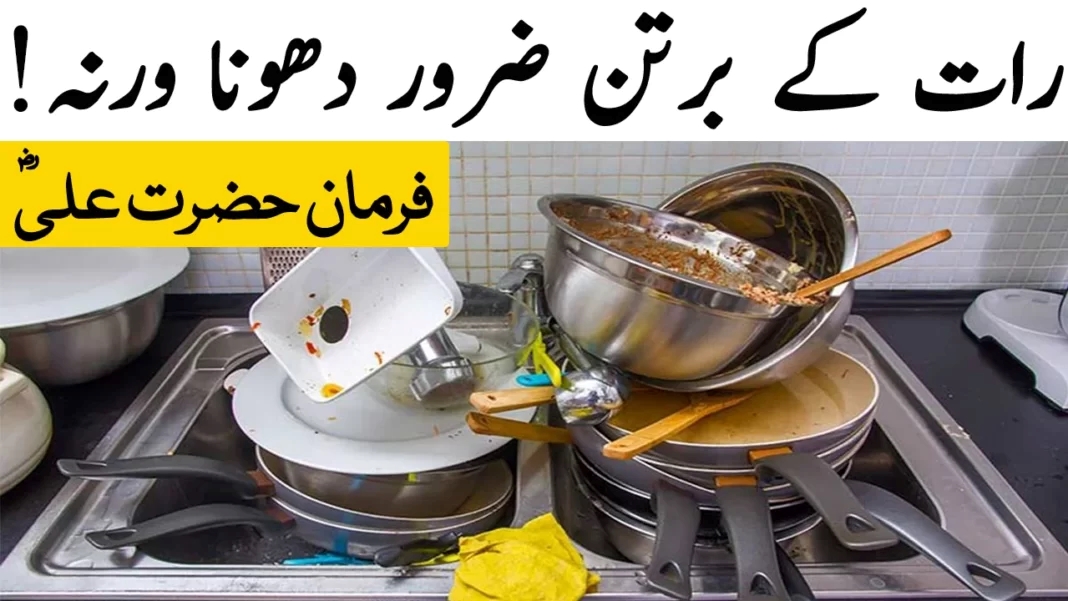EU Expresses Concern Over Sentencing of Civilians in Pakistan
The European Union (EU) has voiced serious concerns over the recent sentencing of 25 Pakistani civilians by military courts. These sentences, ranging from two to ten years of rigorous imprisonment, are linked to their alleged involvement in the violent protests and attacks on military installations on May 9. The EU highlighted that such actions might conflict with Pakistan’s obligations under the International Covenant on Civil and Political Rights (ICCPR).

The May 9 Incident and Its Fallout
The unrest on May 9 marked one of the most turbulent times in Pakistan’s recent history, with widespread protests following the arrest of a political leader. During these demonstrations, several military installations were targeted, leading to extensive damage and unrest across the country.
In the aftermath, the military courts commenced trials under Pakistan’s Army Act, with 25 civilians being convicted in the first phase. The Inter-Services Public Relations (ISPR), the media wing of the Pakistani military, confirmed these sentences, stating that video evidence was a crucial factor in proving the convicts’ involvement.
Defense Minister Khawaja Asif emphasized that the evidence against these individuals is clear and irrefutable, supporting the legality and fairness of the military court’s decisions.

EU’s Stance on Military Courts
The EU’s statement sheds light on the broader implications of using military courts for civilian trials. While such courts are deemed necessary for specific situations, their use for civilians raises concerns about transparency and adherence to international human rights standards.
As a signatory to the ICCPR, Pakistan has committed to safeguarding civil and political rights, ensuring fair trials, and respecting human dignity. The EU reminded Pakistan of its obligations, urging the country to align its judicial processes with international norms.

Government and PTI Dialogue: A Step Towards Resolution
In a bid to defuse the ongoing political crisis, Prime Minister Shehbaz Sharif announced the formation of a committee to negotiate with the opposition party, Pakistan Tehreek-e-Insaf (PTI). The talks, which are set to begin today, aim to address political tensions, explore solutions for national unity, and ensure the stability of democratic institutions.
The government’s initiative signals an acknowledgment of the need for political reconciliation. However, the success of these negotiations depends heavily on the willingness of both parties to engage in constructive dialogue and address the root causes of unrest.
International Reactions and Implications
The EU’s concerns echo the sentiments of various human rights organizations that have expressed apprehension about the use of military courts for trying civilians. These reactions highlight the importance of Pakistan adhering to its commitments under international law, as failure to do so could affect its diplomatic standing and relationships with global partners.
Meanwhile, the ongoing negotiations between the government and PTI are being closely watched by the international community. A peaceful resolution to the crisis would not only stabilize the country but also reassure stakeholders of Pakistan’s commitment to democratic principles and human rights.
Conclusion
The sentencing of civilians by military courts and the subsequent international outcry underscore the delicate balance Pakistan must maintain between national security and upholding human rights. As the country navigates through this crisis, it is imperative for its leadership to prioritize fairness, transparency, and dialogue. The upcoming negotiations with PTI offer a glimmer of hope for political stability and a path forward for the nation.
Military courts in Pakistan | EU concerns about Pakistan | ICCPR obligations | May 9 protests Pakistan | Sentencing of civilians in Pakistan | Human rights in Pakistan | Pakistan political crisis | Shehbaz Sharif and PTI negotiations | ISPR statements on May 9 | International law and Pakistan













